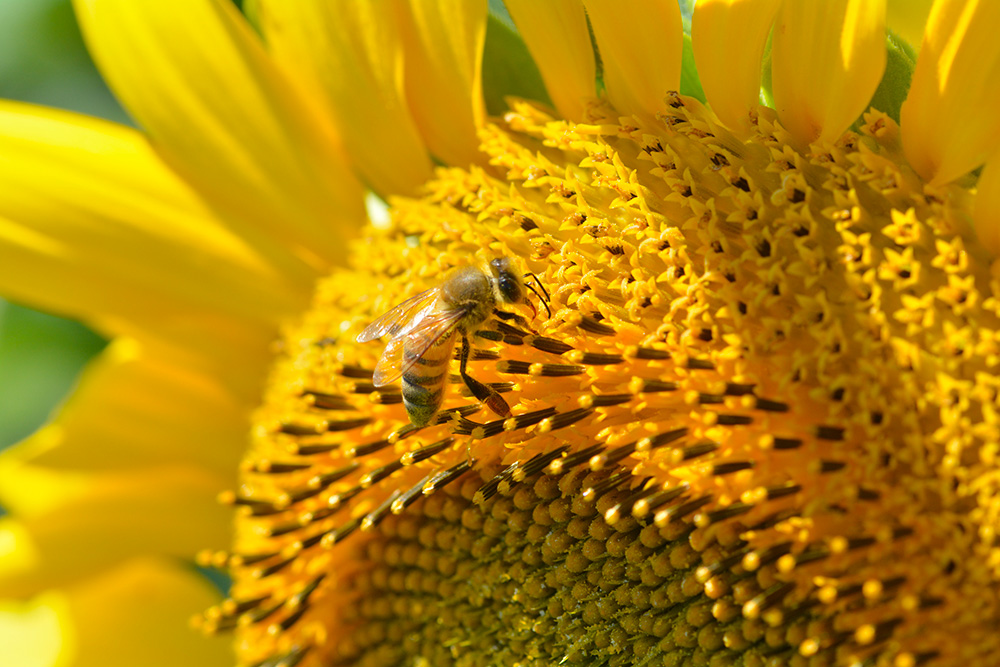Actions Terres Inovia : contribuer à l'essor de l'agriculture biologique - Institutionnel
Contributing to the boom in organic agriculture
Head of rotation or diversification crops, oilseeds and protein crops are crops with high added value.
Organic agriculture is expanding rapidly, particularly in the field crop sector: in 2019, organic oilseeds and protein crops will occupy 194,800 ha in 2020 (according to the Agence Bio, July 2021), i.e. 29% of the organic field crop area (668,500 ha).
Within the field crops, cereals dominate the crop rotation, especially soft wheat. But oilseeds have the delicate role of being positioned at the head of the rotation or as a diversification crop, potentially with high added value. Expectations about these crops and their adaptation to different soil and climate conditions are high and requests are numerous.
At Terres Inovia, we have been working on organic farming for a long time. Our work is mainly focused on optimizing technical itineraries for the mainstays of the rotation (such as soybean or sunflower in the South) and developing technical innovations, but also on the feasibility of our diversification crops in different contexts.
These studies involve, of course, the carrying out of experiments but also, in the upstream phase, the acquisition of references on the practices carried out on our crops and their evolution over time. All of our work is communicated through various media, such as our organic growing guides and participation in various events.
Contact : Cécile Le Gall
c.legall@terresinovia.fr

Our goals
To assess the problems and technical difficulties raised by producers, by going out into the field to meet local actors in the various production areas. In addition to this analysis of needs, a complementary survey of actors from the transformation sector is performed by the relevant interprofessional body (Terres Univia).
To build shared expertise in organic agriculture, by combining the skills and expertise of the institute with those of its various partners. The reference data obtained and acquired skills are shared, notably through the Proléobio exchange groups.
To develop experimentation on organic oil and protein crops. In this way, the institute strengthens its acquisition of reference data for organic agriculture by developing partnerships and a more dynamic presence in networks of farmers.
To facilitate the dynamics of variety evaluation for organic agriculture, in close collaboration with the CTPS, through its contribution to the CISAB (Commission Inter-Sections sur l’AB; the inter-section commission for organic agriculture) and through the establishment of dedicated trials with field partners for soybean and sunflower.
To acquire technical and economic reference data through surveys of cropping practices in the various production areas. This enables the institute to identify the keys to success and the technical and organizational obstacles, with a view to proposing levers of action for producers. The ultimate objective is to contribute to the development of organic farming systems that are robust, and thus sustainable in the long term.